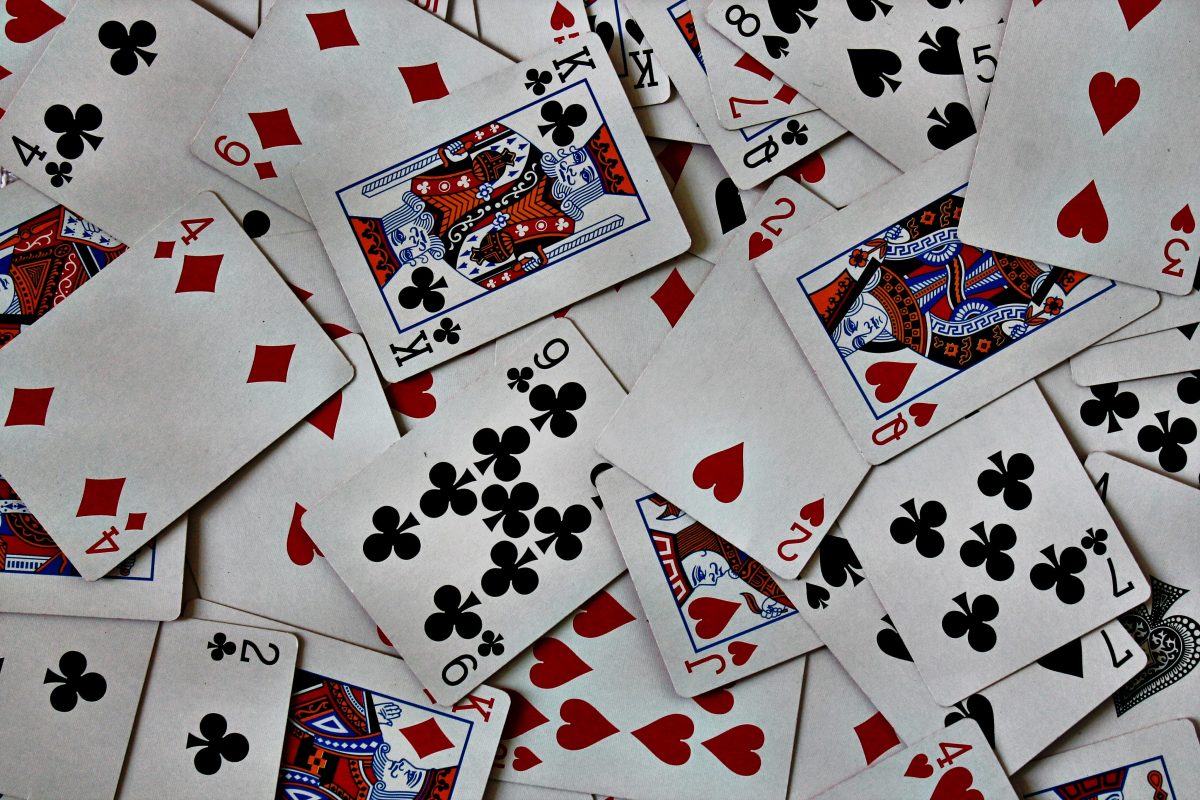Gambling is one of the most insidious of human vices, as it presents the illusion of easy money yet can quickly lead to financial ruin. The odds are never in your favour whether it is poker, blackjack or anything else; gambling is a successful industry because the house always wins.
Gambling is a diverse activity, so different types of gambling addiction exist as well. It is not always obvious when someone is addicted to gambling. Contrary to popular belief, the act of gambling is not restricted to slot machines, cards and casinos. Purchasing a lottery ticket, entering a raffle or making a bet with a friend are also forms of gambling.
What Are the Signs of Gambling Addiction?
The signs of a gambling problem are often the same as the signs of other addictions. Common signs of addiction include, but are not limited to, the following:
- Feeling the need to be secretive about gambling
- Having trouble controlling gambling habits
- Gambling when you cannot afford to
- Your friends and family express concern about your gambling
Of course, as with any other addiction, the hallmark sign of a gambling problem is that you feel you cannot stop. If you feel like you need to try just one more time, or if you feel anxious when you think about quitting, it is highly likely you are suffering from a gambling addiction.
Help with Gambling Addiction.
If you think you or your loved one may be suffering from a gambling addiction, call to talk about the signs of a gambling addiction and your individual situation.
Call us now on 0800 1404044 or get in touch.
Understanding Gambling Addiction
Gambling addiction, sometimes called compulsive gambling or gambling disorder, is recognised as a behavioural addiction.
It does not involve substances like drugs or alcohol, but it creates the same cycle of craving, reward and loss of control. For many people, gambling begins as an occasional pastime yet gradually becomes a destructive habit that is difficult to stop.
The addiction is not only about financial loss. It can also impact relationships, work performance, mental health and overall wellbeing. People with gambling addiction often experience guilt, shame and isolation, which can make it harder to reach out for help.
Why Gambling Becomes Addictive
Gambling triggers a powerful response in the brain. Every win, no matter how small, releases dopamine, the chemical linked to pleasure and reward. This makes the person feel good and reinforces the behaviour, even if losses are much greater than wins.
Over time, the brain becomes conditioned to chase the next win, creating a cycle that is very difficult to break without support.
Another factor is the illusion of control. Many forms of gambling, such as poker or sports betting, make the gambler feel that skill or knowledge can influence the outcome. In reality, chance always plays a much bigger role, but this belief fuels the desire to keep playing.
The Impact of Gambling Addiction
The consequences of gambling addiction can be severe and far reaching. These include:
- Financial hardship: mounting debts, unpaid bills, loans and even bankruptcy
- Relationship breakdown: arguments, loss of trust and separation from family or partners
- Emotional distress: anxiety, depression, guilt and feelings of hopelessness
- Work and career problems: reduced performance, absenteeism and in some cases job loss
- Legal difficulties: some individuals may resort to illegal activities to fund their gambling
The cycle of addiction can escalate quickly, and what may start as a small bet can grow into a serious problem affecting every area of life.
Who Is at Risk of Gambling Addiction?
Gambling addiction can affect anyone, regardless of age, background or income. However, there are certain risk factors that may increase the likelihood of developing the problem. These include:
- A family history of addiction
- High levels of stress or unresolved trauma
- Mental health issues such as depression or anxiety
- Easy access to gambling venues or online betting platforms
- A tendency to seek thrill or escape from daily pressures
Recognising these risk factors can be an important step towards prevention and early intervention.
Supporting a Loved One with Gambling Addiction
If someone you care about is struggling with gambling, it can be painful and frustrating to watch. While you cannot force someone to change, there are steps you can take to offer support:
- Encourage open and honest conversation without judgement
- Learn about gambling addiction so you understand what they are experiencing
- Suggest professional help and offer to go with them to an appointment
- Set boundaries to protect your own wellbeing, especially around money
- Remind them that recovery is possible and that they are not alone
Taking the First Step
Acknowledging that gambling has become a problem is often the hardest part. It requires courage to admit the impact it is having and to ask for help. At Addictions UK, we understand the challenges you are facing and we offer confidential, professional support tailored to your situation.
Recovery is not about willpower alone. It is about developing new habits, understanding triggers and having the right support system in place. Many people who once felt powerless over gambling have gone on to build stable, fulfilling lives free from addiction.
